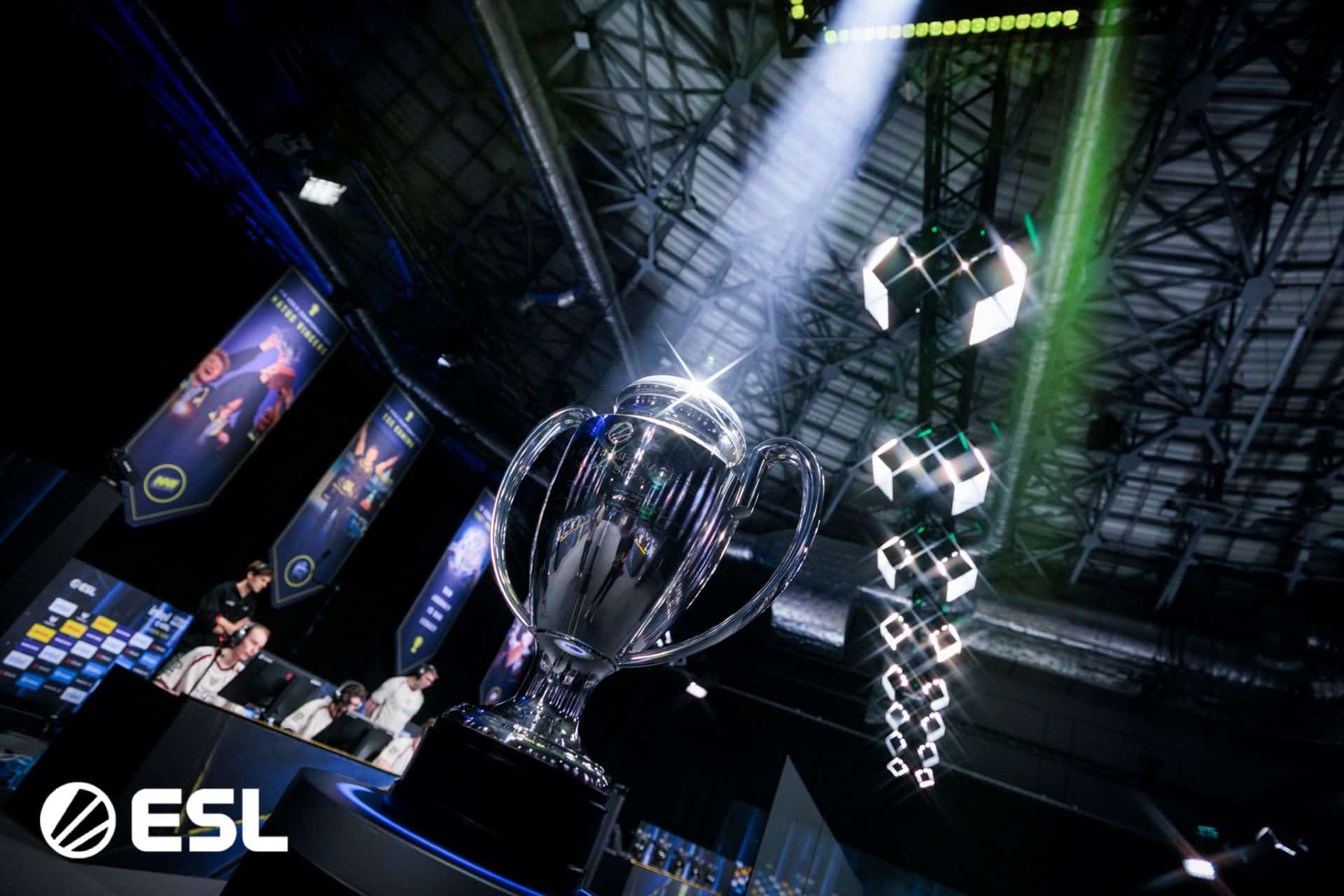Survey shows slight reduction in toxic and threatening behaviour towards women gamers year-on-year, but majority say there still aren’t adequate processes in place to deal with it
Dom Sacco, Senior Editor
Last Updated: 19/06/2025
65% of female gamers experienced toxicity whilst playing on console, PC, and laptop games, a slight 7% reduction compared to the same study conducted a year ago.
While a drop is visible, those behind the study said there is still ‘a lot that needs to be done to protect gamers in the gaming community and ensure that the space remains safe for women’.
According to this Women Gamers Report by Bryter, two in three women experience toxic and threatening behaviour from male gamers, with one in three encountering it regularly.
The survey asked 1,004 female gamers aged 16-65 in the UK and US about their gaming experiences.
Threatening behaviour still remains prevalent in online multiplayer games, particularly among female gamers aged 16-35. Specific genres, such as sports and shooters, are strongly associated with toxicity, to the extent that one in four women gamers who play online actively avoid certain genres due to the negative environments they foster.
Toxicity remains a major concern across the gaming community, with women’s experiences often being particularly distressing, from receiving aggressive verbal abuse to stalking on other platforms and graphic threats of rape.
In both the US and UK, Bryter’s Female Gamers Study revealed the following statistics:
- 12% had received threats of rape
- 34% had been sexually harassed
- 36% had been sent inappropriate content
- 47% had received verbal abuse
The news comes as Riot Games announced ‘stronger, faster penalties for severe behaviour’, including hardware bans and more.
A message from @RiotSuperCakes about the current state of player behavior and upcoming changes to make our community a better place pic.twitter.com/eiwoGsB930
— VALORANT (@VALORANT) May 30, 2024
But while efforts are being made to reduce toxicity across the gaming industry, there still seems to be an issue with a lack of support for players – less than one in three women gamers feel that there are adequate processes in place to deal with toxicity (with more than two in three saying there aren’t).
One in five women say this all affects their mental health, one in three avoid speaking in online games due to fear of negative reactions from male players, and while half ignore or mute toxic players, one in four will leave a game completely.
Representation is something Bryter has also been tracking across the six-year study: in the first year (2018), just 22% of women gamers felt that women were well represented in the industry. In 2023, that increased to 42% of women gamers feeling they are well represented in the industry – a significant improvement, but again, there is still room to grow.
Only 53% of gamers believe that the industry is doing more to encourage and welcome women gamers. While there are fewer who feel that women are on equal footing, 43% agree that the industry is portraying women gamers as equally passionate, skilled, and valuable. And 37% of women gamers say they are being less fetishised and marginalised.
Research Director – Head of Gaming, Jenny McBean, at Bryter, commented:
“While it is certainly positive to see a slight decrease in the amount of women gamers experiencing toxic and threatening behaviours, the levels are still worryingly high. Women now make up around half of the gamer population, and yet are still made to feel excluded and uncomfortable. It’s important that the gaming industry continues to tackle the issue, ensuring that gaming is inclusive for everyone, for players and employees.”
Jenny McBean, Bryter
Trust and Safety Manager at Jagex, Steve Wilson, said: “We’re pleased to see the percentage of women experiencing toxicity is lower than the previous year. This reflects efforts made by platforms in tackling the issue and we look forward to the trend continuing. However, the overall percentage is still unacceptably high. We must not forget that every woman who confirmed in the survey that they had experienced toxicity, is a person whose real life has been impacted as a result of wanting to enjoy gaming.
“At Jagex, we’ve worked for years to identify and deal with unacceptable behaviour, building proprietary systems and forging long-standing relationships with like-minded companies who share our approach that what is ‘unacceptable offline is also unacceptable online’.
” Today we stand at a pivotal moment, with the dawn of far-reaching legislation aimed at online providers which places obligations on platforms to identify and take action against the worst types of online behaviour. For many companies this is a significant challenge; toxicity is often deeply rooted in context, human language and can also be subjective and open to interpretation, depending on the information and data available to the provider.
“However, technology is also fast evolving. Machine learning, human language models, and similar all offer opportunities for providers to ‘do the right thing’ and collectively banish toxicity from online environments. There should be no safe harbour or hiding place for those online who choose to be toxic.
“We will continue to accept this challenge, influence others where we can, and innovate new approaches so that everyone can enjoy playing the games we make in a welcoming and inclusive online environment.”
The CEO of Women in Games, Marie-Claire Isaaman, added: “Women in Games are extremely grateful for the insights the Bryter Women in Games survey’s have provided over the last six years which have enabled us to understand the nature and amount of toxicity that is taking place online against girls and women. This important research has enabled us to amplify discussion and dialogue on the subject at our events and also work towards addressing the challenge with solutions.
“Although slight, it is good to see reductions in the levels of toxicity in the 2023 survey. It brings hope that the tide can turn, on this particular area of harassment, that occurs in the ‘virtual playspace’. Clearly there is more work to be done and Women in Games calls on industry and government to support us and our initiatives in tackling this negative aspect of gameplay.”
Essential UK Casino & Betting Guides
Looking for the best casinos or betting sites? Below you’ll find our recommended guides that players in the UK are loving right now.
- Non Gamstop Casino Sites
- Top UK Esports Bookmakers
- UK Best Online Casinos for 2026
- Best Bitcoin Casinos in 2026
- New Casinos 2026
Dom Sacco, Senior Editor
Dom is an award-winning writer and finalist of the Esports Journalist of the Year 2023 award. He has almost two decades of experience in journalism, and left Esports News UK in June 2025. As a long-time gamer having first picked up the NES controller in the late '80s, he has written for a range of publications including GamesTM, Nintendo Official Magazine, industry publication MCV and others. He also previously worked as head of content for the British Esports Federation.
Stay Updated with the Latest News
Get the most important stories delivered straight to your Google News feed — timely and reliable





From breaking news and in-depth match analysis to exclusive interviews and behind-the-scenes content, we bring you the stories that shape the esports scene.
Monthly Visitors
User Satisfaction
Years experience











